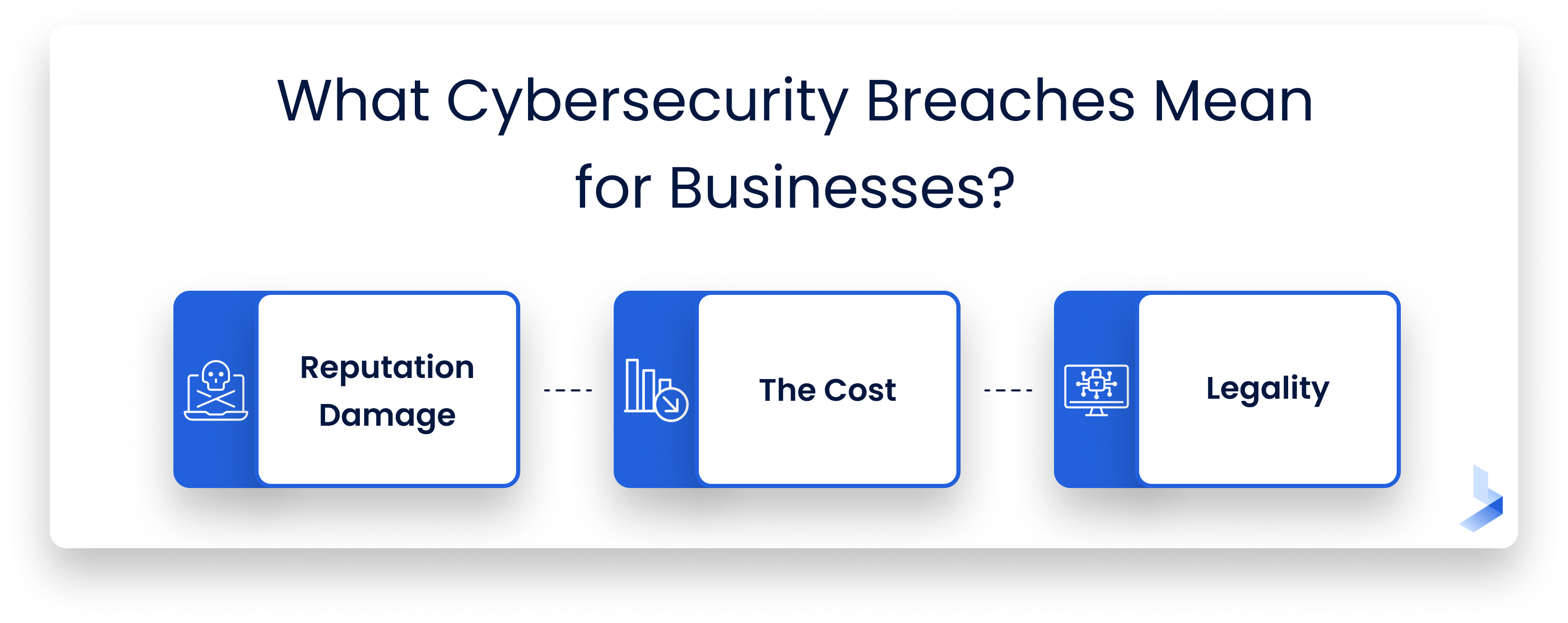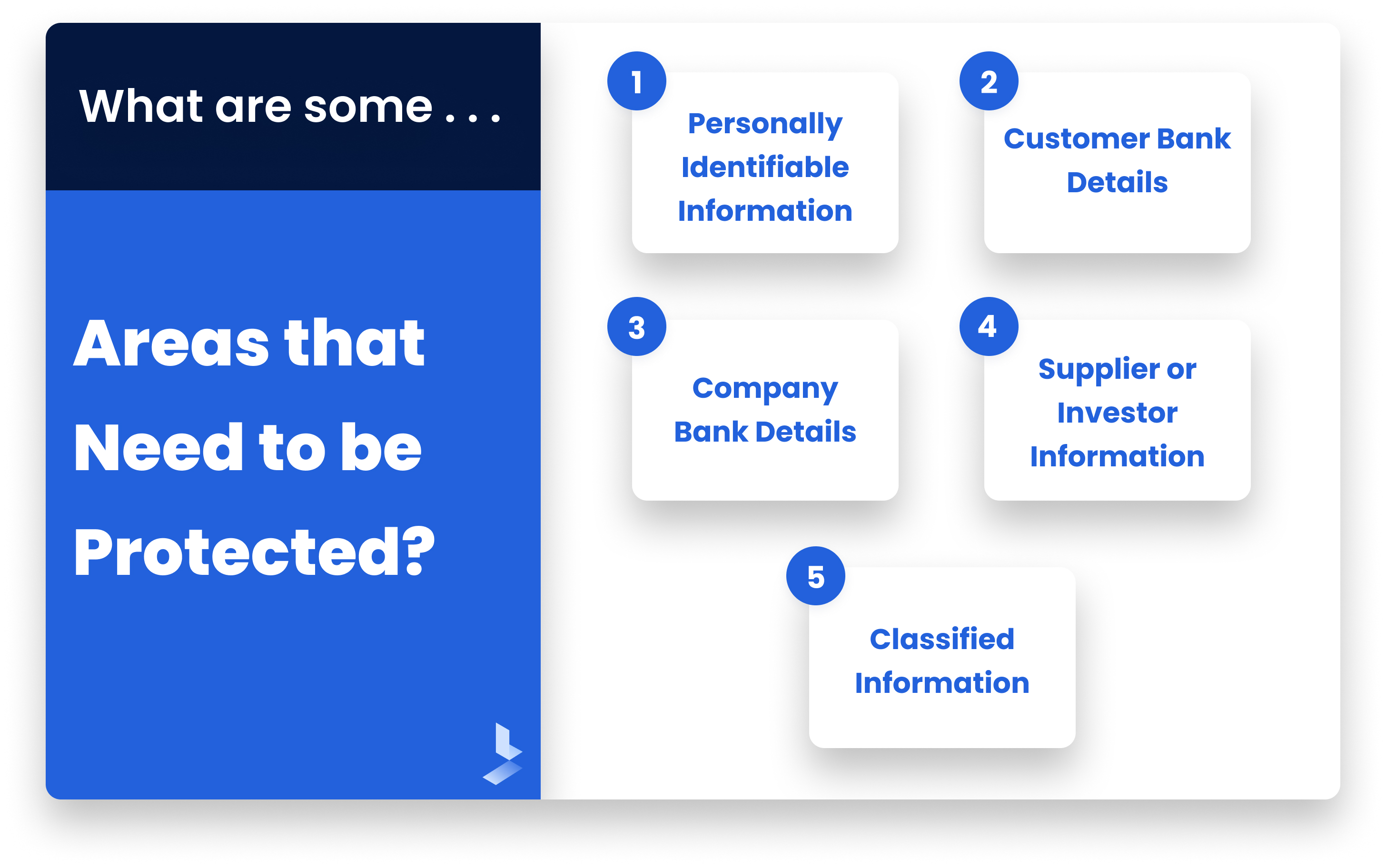Managed Security Services: What to consider

 By
Jason Miller
·
3 minute read
By
Jason Miller
·
3 minute read
In years gone by, keeping any business safe was fairly simple. It was a case of keeping money locked in a high-security safe, putting a reliable lock on the door of your commercial premises, and perhaps installing some security cameras. Even the breaches that did occur tended to do minimal damage. At most, thieves would steal a day’s taking or a small amount of stock.
That is not the case today.
Now, most companies complete the majority of their transactions online. Things couldn’t be more different. No amount of padlocks or CCTV is going to prevent cybercrime. To make matters worse, one breach can destroy a business from the ground up.
That’s why all business owners need to think about protecting both their physical assets and their digital-based data as well. Companies owe it to their customers to keep transaction details and personal information safe, no matter where it’s stored. Otherwise, they could face substantial fines and, ultimately, closure. Business transactions like these are about trust, after all. If you destroy that trust, you’ll lose your customer base.
What cybersecurity breaches mean for businesses
To really understand why a business should avoid cybersecurity breaches, it’s first worth considering what cybersecurity breaches mean for companies on the whole. In some ways, it doesn’t take a genius to work out the long-lasting implications of a breach like this. Yet, even modern business owners often fail to consider just how devastating the long-term impacts can be. Still, if you’re one of the many companies to fall victim, you could face any or all of the following consequences-
Reputation damage
In many ways, reputation damage is the worst thing likely to come out of any cybersecurity breach. Successful cyber attacks can result in the loss of everything from personal details like names and addresses, to card and bank details. No matter what’s stolen, a breach of any kind can lead to significant reputation damage.In extreme cases, the reputation damage can be so severe that even suppliers or investors turn away from companies for good.
The cost
Money always matters in business, so it’s also worth looking at the insane costs which can come alongside significant data breaches. Sometimes, this loss comes about through malware stealing your company’s financial information. In other cases, the legal proceedings companies face after breaches are the main financial burden. And, of course, there’s the cost of disrupted business and lost customers. All in all, the average price of a breach can get steep. In fact, according to a cost of breach study, an instance where over 50k of files are compromised could cost a company upwards of $6.3 million. That’s not surprising seeing that business owners have to pay an average of at least $114 for every stolen detail.
Legality
While a cyber breach isn’t exactly your fault, the blame does lie with you if you don’t take every possible effort to protect the information customers trust you with. As such, a significant breach could also leave you on the wrong side of the law. Data protection and privacy laws invoke fines or even sanctions for compromising those personal details.

The information which needs protecting
In general terms, a business should work towards protecting any personal information which their customers entrust in their care. A failure to do so is a data protection breach which could lead to any of the implications mentioned above. But, to ensure that you’re protecting everything that you should, it’s worth considering precisely which information you must need to keep safe.
Some of the prime areas for breaches include:
- Personally Identifiable Information (date of birth or social security number, address, etc)
- Customer bank details
- Company bank details
- Supplier or investor information
- Classified information or intellectual property
In some cases, businesses also find it necessary to protect things like plans for the future or trade secrets. While the theft of information like this may not have such wide-reaching consequences, it’s not unusual for businesses to suffer if competitors get hold of such files.

Security Services: The best ways to protect your data
Once you know which information you need to protect and why, it’s worth asking yourself the all-important question: how can you actually achieve this goal? The responsibility can be overwhelming. If you aren’t careful, you’ll end up spending so much time on your data security that you neglect other, equally important aspects of your business.
That’s why managed cybersecurity services are, by far, your best bet. As a business owner, you don’t necessarily have the skills you need to take care of every possible cyber risk you face. Despite your best efforts, it’s possible that you won’t even be aware of many of the dangers surrounding your data and all of its exposure.
The moment you bring a managed security service provider on board, you’ll have the peace-of-mind knowing that every single file is protected the way that it should be. With endless experience behind them, a managed security service provider will be able to perfect everything from your current security stance to your preventative measures, all while mitigating risks wherever possible.
Once you have someone taking care of the bulk of your security, simple things like monitoring your network, users and data, will put you ahead of the game. You will have peace of mind that your data is as safe as it possibly can be.
Conclusion
There’s no denying that security is more complicated than it ever has been. But, with a little knowledge and the right professional help, there’s no reason for you to ever leave your company and customer information at risk.
Our services aim to provide you with a simple no-nonsense solution to keep your business safe from online threats. If you’d like to learn more, don’t hesitate to get in touch with us today to speak to one of our friendly representatives. We’ll help explain the services we offer and how they can be customized to your exact needs.
